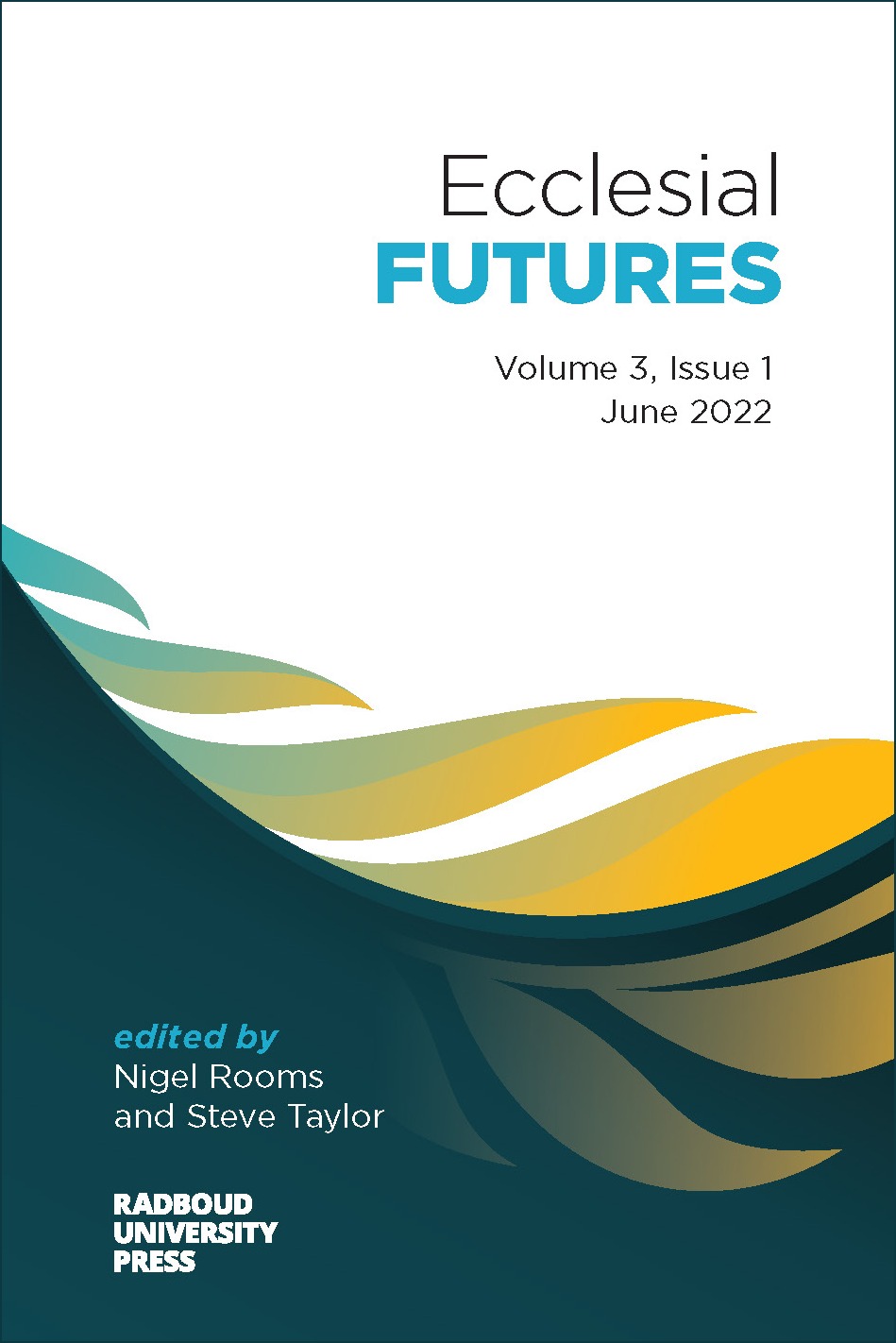Discipleship, mentorship and training which empowers African women for ministry in the diaspora
DOI:
https://doi.org/10.54195/ef12150Keywords:
Discipleship, Mentorship, Diaspora, Mission, Reverse MissionAbstract
Various factors contribute to people migrating from the global south to the west. In addition to factors like war, economics and education, some migrate because they feel called to engage in ministry in the west. At the heart of mission in the diaspora are women who either start ministries on their own or with their spouses. This paper is informed by narratives provided by these women collected through interviews to outline the challenges of engaging in ministry in the diaspora and the type of discipleship, mentorship and training they would require to enable their ministries to flourish. It also shows how in addition to reliance on the Holy Spirit to guide their ministries, these women adopt an entrepreneurial approach in accessing mentorship from local diaspora networks. This paper contributes to the broader discussion around discipleship and mentorship which prepares missionaries for mission in diaspora contexts, also referred to as Reverse Mission.











